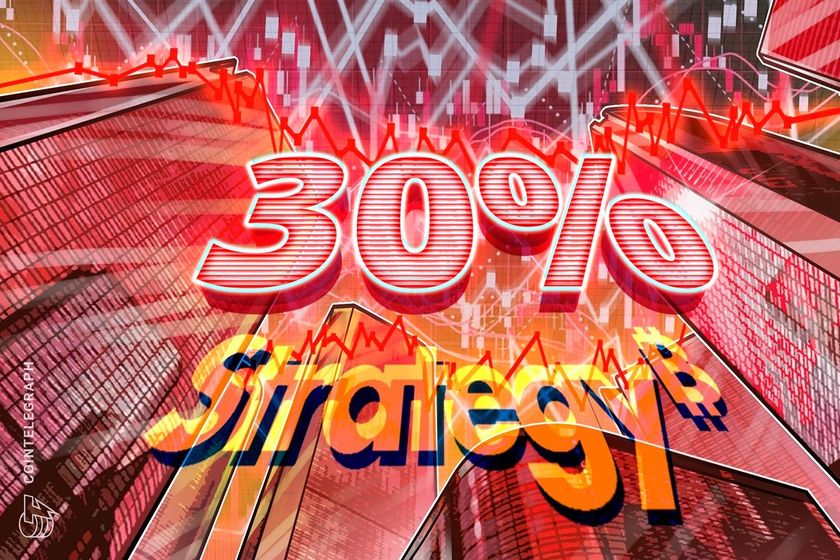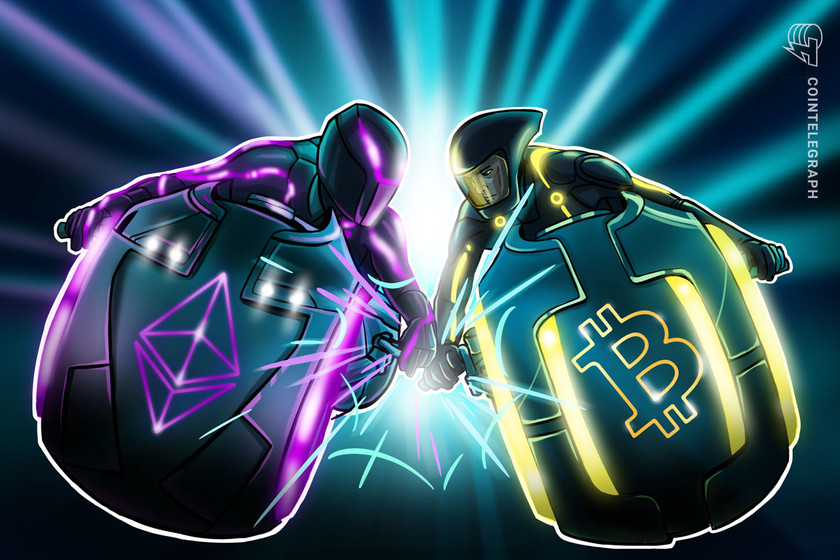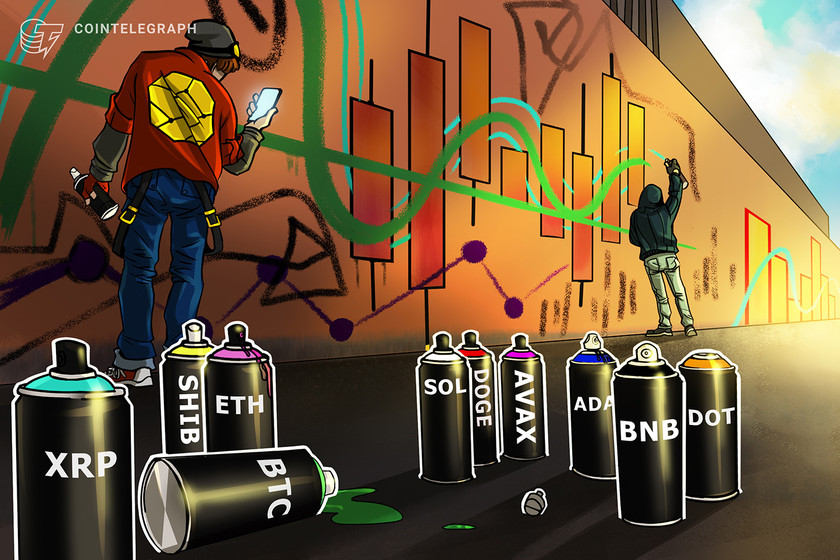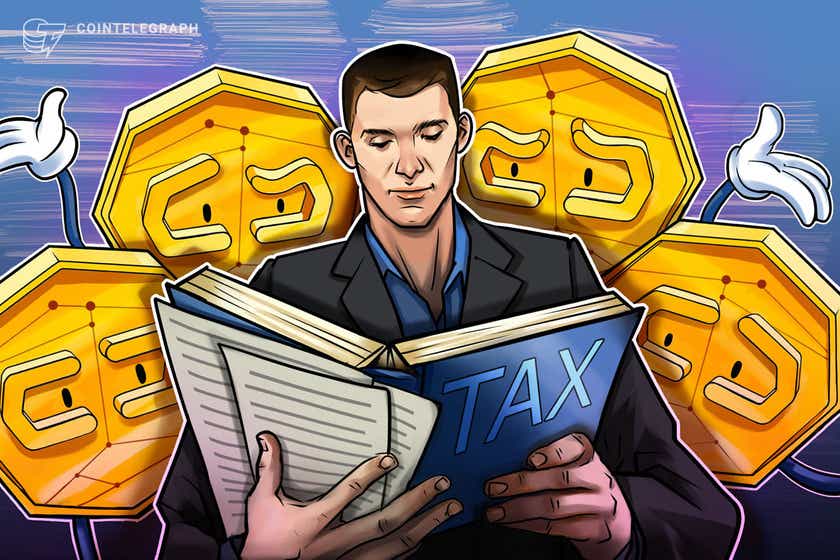PayPal Dabbling in Crypto Could Make BTC a Mainstream Payment Option
Earlier this month, global payments giant PayPal was rumored to be considering listing crypto assets on its platform, which is estimated to have around 325 million active accounts worldwide.
The company is currently hiring crypto and blockchain specialists, meaning that its potential arrival could be more than a wild guess. But what does PayPal’s apparent interest in crypto mean for the industry, and how well does it align with the company’s principles?
Two steps forward, one step back
PayPal started to take baby steps toward crypto back in 2013. At the time, David Marcus, then-president of the payments company and now leading the Facebook-backed digital wallet Novi, told Bloomberg that “it’s just a question of whether Bitcoin will make its way to PayPal’s funding instrument or not.”
Several months later, John Donahoe, CEO at Ebay — PayPal’s parent company at the time — essentially confirmed that the payments platform will have to integrate Bitcoin (BTC) one day in order to keep up with the changing financial landscape. Following bullish remarks from its executives, PayPal partnered with three payment processors in the space in September 2014: BitPay, Coinbase and GoCoin. But PayPal merely tapped some third parties to handle Bitcoin transactions, and did not integrate Bitcoin into its digital wallet or offer to obtain crypto directly via its website.
Soon after the integration, PayPal started to split off from Ebay, and by July 2015, it became a separate public company. Donahoe took over as the payment platform’s chairman, while Dan Schulman became CEO at PayPal. Schulman’s views on crypto are mixed and arguably more bearish compared to that of Donahoe, who revealed that he owns Bitcoin, but finds cryptocurrencies too volatile to be a convenient medium of exchange in traditional commerce.
At the start of 2016, PayPal appointed Wences Casares — CEO and founder of Bitcoin wallet Xapo — to its Board of Directors, adding some crypto talent to its roster. In April 2019, the payments giant backed a blockchain startup for the first time, investing an undisclosed amount into Cambridge Blockchain — a fintech firm aiming to leverage the technology to empower users with more control over their digital identities.
However, in May that year, chief financial officer of PayPal John Rainey distanced the company from crypto, saying that it’s still “a little early on” to enter the sector. However, just one month later, PayPal was revealed as one of the founding members of the Libra Association — a not-for-profit, Switzerland-based consortium behind the Libra stablecoin — but left the organization soon after due to regulatory backlash.
As PayPal’s chief technical officer Sri Shivananda said, crypto developers must follow consumers in order to succeed. “If consumers start to feel like there’s some leverage that they get through cryptocurrencies, everything else will automatically fall in line,” he said.
“PayPal does not comment on rumors or speculation”
On June 22, it was reported that the payments giant is considering introducing direct sales of crypto assets via PayPal and Venmo, citing “three people familiar with the matter.” According to CoinDesk’s sources, PayPal may be working with multiple exchanges to provide liquidity. It is also allegedly planning to offer custodian services, offering users to store their crypto using PayPal’s digital wallet.
When asked to confirm or deny that information, a PayPal representative told Cointelegraph that “PayPal does not comment on rumors or speculation.” Nevertheless, PayPal’s job listings, posted around the same time, made the rumors somewhat more credible. PayPal advertised for a “crypto engineer” — a person responsible for “new initiatives for PayPal global with a focus on agility, time-to-market and innovation” as well as a blockchain research engineer to work within the company’s newly formed research group.
However, in its latest 10-K form filed with the United States Securities and Exchange Commission in December 2019, PayPal mentioned potential “rapid” developments in blockchain and virtual currencies as a possible risk factor that may negatively affect the company.
The customer is always right
Experts are generally not surprised by the reports suggesting the payment giant’s crypto expansion, as Alex Mashinsky, CEO and founder of the crypto lending platform Celsius Network told Cointelegraph: “I don’t see any contradiction to what they already do, their customers have crypto and they want to serve their customers better.” Aaron Henshaw, co-founder of blockchain infrastructure firm and Libra Association member Bison Trails, shared a similar sentiment in an email conversation with Cointelegraph:
“It wouldn’t be surprising that PayPal is looking at an overall adoption of digital assets. PayPal’s mission, to enable everyone to participate fully in the global economy, fits squarely with the promise of digital assets and blockchain technology providing greater access to financial systems around the world.”
In Henshaw’s view, embracing digital assets, which already account for billions of dollars, would just mean that PayPal is “looking toward the future.” John Todaro, the director of institutional research at TradeBlock told Cointelegraph that established mainstream companies are normally guided by potential client interest, not their past remarks:
“I do not think a move by traditional payments companies into the digital currency space necessarily contradicts their previous statements. Early on traditional financial institutions viewed the space with skepticism, as you saw with JP Morgan’s CEO in the past, and you are now seeing these same institutions warm up to crypto and that’s likely because they are seeing real, potential client interest/demand for crypto services.”
Sinjin David Jung, the managing director of blockchain firm IBMR.io, argued that PayPal’s expansion into crypto “was inevitable,” adding that it “will have been well thought out and strategically motivated,” and likely focused on the millennial clientele: “PayPal coming in means that they have assessed all the legal and regulatory risks along with the competitive benefits of providing crypto.” He went on to add: “This is not a B2B market play, rather, it is definitely directed to grabbing that millennial consumer base.”
Potential competitors
So, if the payments juggernaut goes ahead and decides to enter the crypto space after all, who would it have to compete against? According to Mashinsky, PayPal might be too large of a player to clash with any industry firms and might bring a whole new audience to the market: “They have over 270m customers and all of crypto is less than 50m users so the growth opportunity for everyone is that PayPal will double the crypto community and so all boats rise.”
Wayne Chen, CEO of Interlapse fintech firm, suggested that PayPal would have to compete with top-tier exchanges like Coinbase, but its largest rival might be Jack Dorsey’s Square app, as it was also created to provide alternative payment solutions. While according to Jung, the real competitors for PayPal are “really the other fintech wallet apps like Robinhood and Revolut,” and referred to PayPal as their “granddaddy” who has “definitely fallen behind on the innovation front,” adding:
“But with PayPal coming in, this is more a threat to every other fintech crypto app out there who are focused on payments and remittance as their competitive advantage. […] I doubt PayPal will ever run an exchange and their margins will always be better served by acting as the buyer and seller of crypto from exchange sources. If anything PayPal becomes a strong onboarding tool for exchanges such as Coinbase and Gemini.”
Mass adoption and market demand
The most obvious implication of PayPal’s rumored expansion is adoption — if a financial service with 325 million active users starts listing digital assets, it is likely to make crypto more viable in the eyes of the financial mainstream. Mashinsky argued that it will consequently drive the price of BTC and Ether (ETH) up significantly, “as the scarcity of the coins will play a big part when adoption comes.”
Jung told Cointelegraph that PayPal’s arrival might signal the start of crypto’s mainstream adoption and prompt the industry to become more consolidated, largely putting an end to altcoins as a class. He added, “This doesn’t necessarily mean that there will be fewer tokens, in fact, this will likely create a boom in the tokenization of assets and more robust crypto businesses.”
Finally, PayPal may benefit the crypto industry by serving as a bridge to connect crypto audience with traditional finance and onboard new users that have not experienced crypto before, TradeBlock’s Todaro suggested, adding: “In order to gain heightened adoption of digital currencies, there needs to be a bridge between traditional incumbents and these new decentralized crypto services, which we have been seeing.”
Meanwhile, it becomes apparent that PayPal is in demand among crypto users. Earlier this week, Singapore-based blockchain firm Pundi X integrated PayPal support for its point-of-sale device, Xpos. The move followed a Twitter poll asking which mobile payment app they would like Xpos to integrate with first. PayPal received nearly 70% of votes, outstripping WeChat Pay, Alipay and GoPay, among others.








